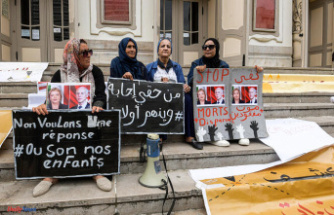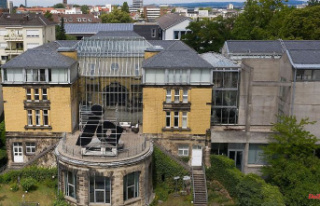Erfurt (dpa/th) - Rising interest rates, delivery bottlenecks and surcharges for a number of building materials are increasingly jeopardizing residential construction in Thuringia. Private builders in particular are shelving their plans or giving them up, said the general manager of the Hesse-Thuringia construction industry association, Burkhard Siebert, on Monday of the German Press Agency. "We live mainly from old orders." According to figures from the State Office for Statistics, sales in the main construction trade in residential construction increased by 13.9 percent from January to July. However, incoming orders fell by 2.3 percent.
Siebert referred to the worse framework conditions for builders. In the meantime, they would have to calculate interest rates of 3 percent instead of 1 percent for loans. In addition, supply bottlenecks for a number of building materials would have caused enormous price increases. The prices for insulation have doubled and for structural timber, which is needed for the construction of roof structures, they have tripled at times. Added to this is inflation. Siebert emphasized that this development was dramatic for the builders. This does not only affect private individuals. Investors are also examining their construction projects, so that larger projects by housing companies are also at risk.
Siebert estimates that the trend in residential construction over the past few months will intensify. For the construction companies, meanwhile, public and commercial orders are a firm bet for the time being. Orders received here increased by 12.7 and 9.6 percent in the first seven months, according to figures from the statistical office. Overall, Thuringia's main construction trades achieved sales of 1.3 billion euros from January to July. That was 11.7 percent more than in the same period last year.












